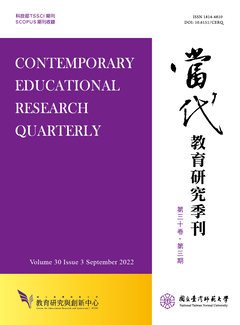

The purpose of this study is to analyze Zi-Kai Feng’s philosophy of the Naive Mind, and to illuminate the application of his writings in education. First, the author distinguishes the Naive Mind from the Sophisticated Mind by four questions: (a) Would the person like to reveal his or her attitude publicly? (b) Is the person sympathetic to everything in the world? (c) Can the person perceive the holistic reality without prejudice? and (d) Is the person virtuous or not. Second, Zi-Kai Feng presents his views on cultivation of personality in many different places within his writings about stories, but he does not develop a single, coherent treatment of the topic. Therefore, the present author attempts to construct a systematic framework for understanding and interpreting Zi-Kai Feng’s philosophy, literary works, and educational methods. Finally, some suggestions on teacher education and family education in Taiwan are proposed.

This work is licensed under a Creative Commons Attribution-NonCommercial 3.0 Taiwan License.
Center for Educational Research and Innovation, National Tawain Normal University
162, Ho-Ping East Rd, Sec. 1, Taipei, Taiwan | Tel:+886-2-7749-3670 | E-mail: cerecerq@gmail.com
CERI | NTNU | E-mail Alerts | Open Journal System
© 2014 CERI-NTNU
